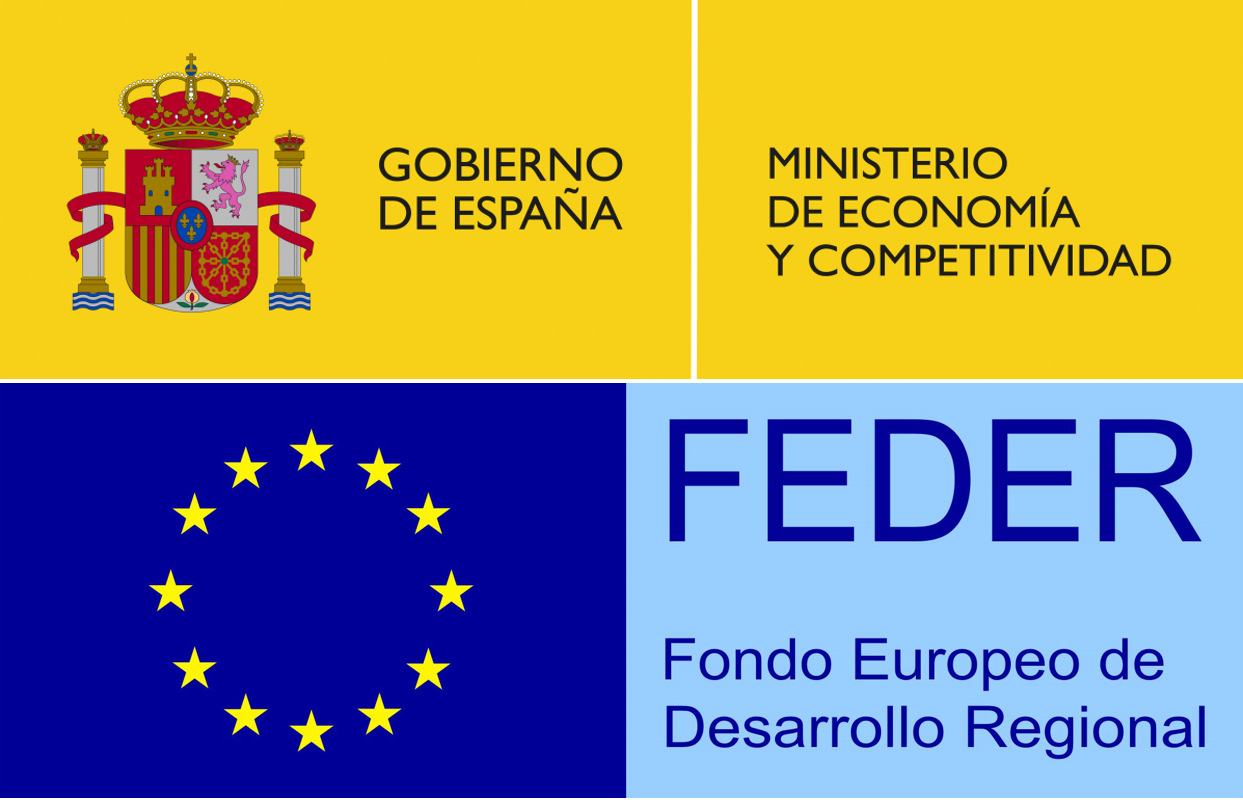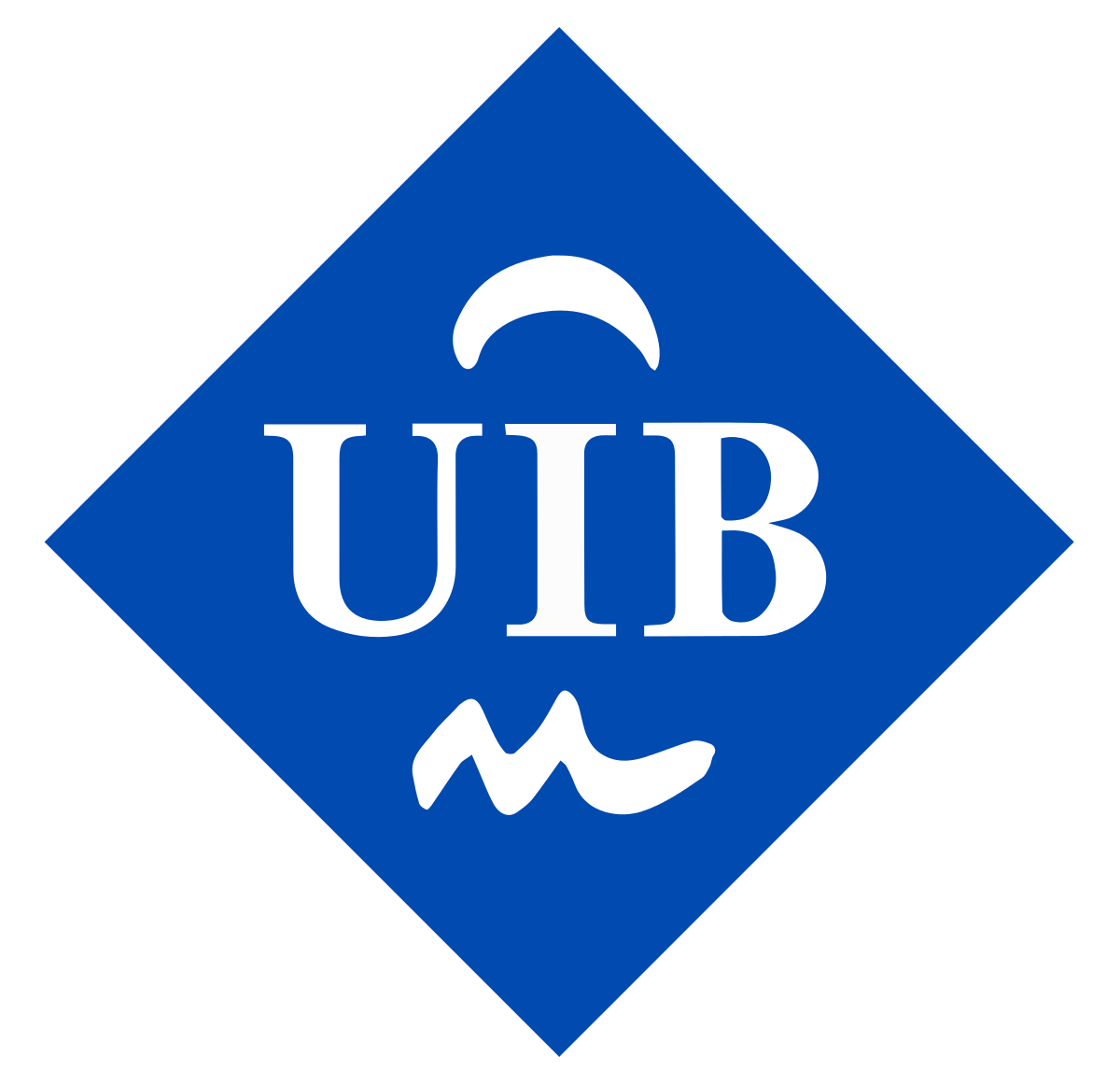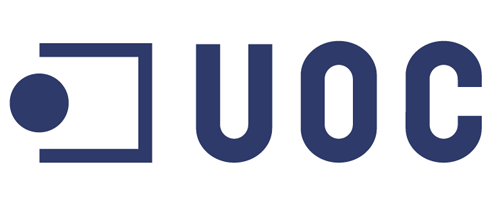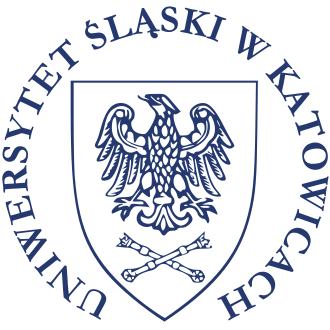EMPQUAL

The research proposal that it is exposed is trying to response to 4 of the specific challenges that are posed by the Spanish strategy of Science and Technology and Innovation under the title CHALLENGE IN CHANGE AND SOCIAL INNOVATION. The main objective is aimed to analyse the role of the personal, generational and sociocultural factors (both individually and collectively) in the development of well-being and work performance. The ultimate goal is to contribute to the growth and creation of quality employment in the context of the organizational, personal and social changes that are occurring in today's societies.
This research project aimed at analyzing the role of personal, generational, and sociocultural factors (both individually and collectively) in the development of sustainable well-being and performance at work. The research has been carried out in labor organizations in different countries: Spain, Italy, Poland, Mexico, Ecuador, and Brazil.
The results offer a new framework for the development of research and theories about wellbeing and performance and the management of labor relations. The analysis developed confirm, under certain conditions, the thesis of the happy-productive worker but qualifies it by highlighting the dynamic and polyhedral relationships between both aspects. We have also developed our knowledge about this model by considering the similarities and differences in the relationship between performance and well-bing when different operationalizations of those constructs are employed (e.g.hedonic/eudaimonic, task/creative performance). Our research identifies clusters of individuals that do not follow the happy-productive worker model, that is, unhappy but productive and not very productive but happy. We also made progress in clarifying these relationships over time.
Our publications also make proposals that consider the role of personal and generational differences in the development of sustainable well-being at work. We identified the importance of the active role of the worker (job-crafting, I-deals) and of the strength of the person (psychological capital and work capacity) and their personal values (orientation to happiness, individualism-collectivism) in the development of performance and well-being. Also their moderator role in the effects of organizational factors among those outcomes. In this sense, we offer guidelines for design that take into account how human resource practices and work design contribute to sustainable development, and the needs, motivations, and objectives of different groups of workers.
Likewise, a transnational and cross-cultural perspective has been adopted comparing the results in Spain with other European and Latin American countries, which allows us to approach the study of well-being and performance in increasingly diverse and multicultural environments. The results show both, similarities and differences in the reciprocal relationships between well-being and performance in different national contexts. Similarly, they indicate a different impact of aspects such as human resource practices and individual values on patterns of well-being-performance relationships. The consideration of personal, social and cultural specificities allows us to advance in the design of more inclusive societies and to propose actions in organizations that move in multinational or multicultural contexts
Objectives
- Deepen the analysis of the sustainability of well-being and performance at work (SWBW) and the dynamic relationship between both constructs and different organizational factors in a longitudinal study with three moments of measurement. This analysis guides the proposal of the redesign of work and human resource practices that allow competitive and satisfactory improvements for employees.
- Analyze the role of personal factors (both individually and collectively) in determining the SWBW (psychological capital, proactive behaviors, work capacity and personal values) and make a proposal for the improvement of the SWBW .
- Analyze the SWBW from a generational perspective that allows a more complex and integrative vision of the phenomena related to age and aging processes and their relationship with well-being and performance at work. With this, it is necessary to contribute to the design and development of intervention programs to adapt the work to older workers, making this activity more salutogenic, satisfactory and productive.
- Carry out a comparative study of the determining factors of the BLS in Spain with other geographic areas of special relevance. Italy (which having a crisis situation relatively similar to Spain has lower unemployment levels) and two countries in Eastern Europe and Latin America that traditionally generate migratory flows to our country are taken as reference. This should allow a more comprehensive design to improve job search and job integration of young people in organizations.
Results for companies and society
Collaboration with companies and economic sectors directly related to the project is a fundamental part of it. In the different geographical locations, a plan for collaboration with companies was drawn up, consisting of actions to disseminate the project and protocols for access to data and transfer of results. To obtain the collaboration of the companies, a procedure was carried out that involves the presentation of the project, the theoretical base model and the main variables considered for the company and sometimes also for the workers' representatives, and a confidentiality agreement that sometimes is formally stablished. In addition, we prepare a report with the overall results for each of the companies participating in the project. Results are offered at the company and unit level (only aggregated data are offered to preserve the confidentiality of the individual data). Specifically, those reports include information about general levels of well-being and performance, a description of employees' perceptions about job characteristics and the human resources practices carried out by the company, and an average description of the personal factors that are the object of study in this project.
The collaboration has been established with a fairly heterogeneous sample of organizations in five geographic areas: Spain, Poland, Italy, Mexico, Brazil and Ecuador. There are companies from both public and private organizations, from different productive sectors. Thus, for example, in Poland we have collaborated with universities, mining companies, construction, restaurants or human resources consultancies. In Spain, some of the team members maintain collaborations with some of the participating companies. Thus, for example, we collaborate with the Wellness Committee of the SPB company and with the consultant italento in advisory tasks.
Other types of collaborations are maintained with business associations or consultants in the field of human resource management. In Italy, a collaborative relationship is maintained with the LAICA business association (Libera Associazione delle Imprese e delle Professioni nel Salento) and we have also collaborated with local companies (Links management, LEgacoop Puglia region, Deghi Group). In Brazil, Professor Pérez-Nebra maintains various collaborations with companies such as the Maternal and Child Hospital of Brasilia, Correios e Telégrafos, the Ministry of Health or the Secretary of Educaçao do Distrito Federal. In this context, in addition to the feedback given to the organizations, some interventions have been carried out aimed at redesigning positions, some of which have been published lately. In Spain, one of the researchers of the project, prof. Peiró participated in the International Conference on Human and Healthy Companies, organized by The Most Human Foundation. It is a private entity that promotes the humanization of business management models and social structures. The objective of these conferences was to analyze the impact of health on the business world and help companies to implement work models based on people's health and well-being. Within the framework of these conferences, the researcher participated in a round table with other experts such as Patrick Légeron, Founder of Stimulus, and Christine Loos, General Director of Stimulus Spain. There was also a personal interview on business practices related to well-being and productivity.
The other main researcher, prof. Tordera collaborated with the association of students of labor relations and human resources during the LVIII AERELABO Congress, which was held in Valencia in April 2019. In this congress, an invited presentation was presented with the general model of the project and some specific results. under the title: “Human Resources Policies: Diversity Management. Sustainable well-being at work. HR practices at different stages of life ”. Also noteworthy is the collaboration with the Smart and Sustainable offices (SSO) project. This project is part of the initiatives of the European Institute of Technology, and aims to transfer knowledge to improve the performance of construction technologies to improve the development of sustainable buildings. Specifically, the objective is to seek the development of economically, environmentally and socially sustainable offices that achieve better performance than a conventional office. From a clearly applied and transfer perspective, and starting from the present project, some of the members of our research and work team participate in the development of this objective, emphasizing the perspective of social sustainability of the offices, the development of sustainable well-being. at work.
It should also be noted that, within the framework of this project, a congress was held in Valencia in October 2019, specifically aimed at disseminating the results: "I Congress on quality of work and employment from a psychosocial and organizational perspective", was invited to participate both the companies that collaborated in the project and consultants, unions, human resources managers. Likewise, a round table was developed in which companies and professionals related to people management in organizations participated. Currently, contacts are also maintained with different consultants, both nationally (I-talent, Inmerco) and internationally (Cincel), with whom they are collaborating on issues related to the results of the project itself.
Finally, the researchers of the project have participated in different congresses, courses and workshops of an international nature in which they have disseminated in the business and professional field the main results and proposals for intervention derived from the project. For example, participation in the Latin American Council of Management Schools in Colombia in 2016, the I Organizational Happiness European days in Lisbon or the 29th International Congress of Applied Psychology in Montreal, both in 2018, or in the Task Force for Policy Impact of EAWOP (2017) or at the General Assembly of the European Network of Organizational Psychology professors (2016, 2018).
Results for researchers
Dynamic analysis of the sustainable performance and well-being construct. The activities carried out focused on the following aspects. First, the conceptualization of sustainable well-being, both individually and collectively. Second, longitudinal analyzes have been developed in T1 and T2 to analyze the relationships between organizational factors and well-being and performance. We also analyzed reciprocal relationships with various operationalizations of well-being and performance at work, using the Spanish, three time-lag database. Finally, we analyzed the effects of organizational and individual factors on well-being and performance throughout the three times. Some results have already been published and progress has been made in the preparation of other manuscripts.
Analysis of the relationship between personal factors and well-being and performance at work. The analysis of personal factors has focused on the study of psychological capital, i-deals, job crafting and individual values, the development of reliable and valid scales and the determination of these factors as a mediating mechanism between the organizational factors of well-being and performance. For example, positive indirect effects of certain HR practices have been found on various performance indicators, through their positive influence on psychological capital and i-deals. Likewise, the role of individual values of happiness orientation and of individualism and collectivism has begun to be analyzed. The values have shown to modulate the effect of job characteristics on job performance or that of human resource practices on patterns of relationship between well-being and performance.
Analysis of generational differences in well-being and performance at work. The analysis has allowed progress in the conceptualization and operationalization of age in the study of differences in well-being and job performance. The literature from life span models has been integrated with research on organizational factors, performance and well-being. The relationships between age and working conditions have been analyzed by analyzing the perceptions of workers and their supervisors regarding the characteristics of the positions and the human resources practices offered to employees in different age groups
Transnational differences in well-being and job performance. This work package has contributed to the comparative analysis between the different countries in relation to the different processes observed on well-being and performance at work. In this sense, different presentations have been made at congresses that reveal similarities and differences in the relationships between well-being and job performance between different countries. Thus, for example, although the relationship between both constructs is present over time and in all samples, the intensity of the relationships and the stability of the measurements differ. Moreover, differences are also found in the impact of individual values and human resource practices on well-being and job performance.
EMPQUAL project: https://www.uv.es/uvweb/idocal/en/empqual-project/presentation-1286035579935.html
Participating universities
José Mª Peiró Silla, Núria Tordera Santamatilde
-
B.1. Research team
- Esther García Buades, Amparo Caballer Hernández, Isabel Rodríguez Molina, Beatriz Sora Miana
-
B.2. Work team
- Maria Vera Perea, Lina Maria Fortes Ferreira, Maria Felisa Latorre Navarro, Giancarlo Tanucci, Emanuela Ingusci, Barbara Kozusznik, Malgorzata Kozusznik, Laura Lorente Prieto, Esther Villajos Girona, Nia Dojourova Christian, Yarid Ayala Millán, Silvia Ortíz Bonín, David Montesa, Aida Soriano Ripoll, Amalia Raquel Pérez-Nebra
Universitat de València, Universitat de les Illes Balears, Universitat Oberta de Catalunya, Instituto Tecnológico Autónomo de México, University of Silesia in Katowice, Instituto Politécnico de Setúbal, SPB, Università del Salento, Centro Universitario de Brasilia (UNICEUB),















